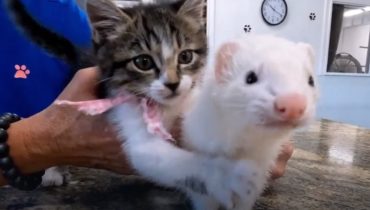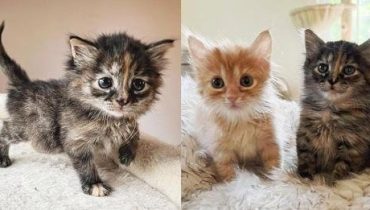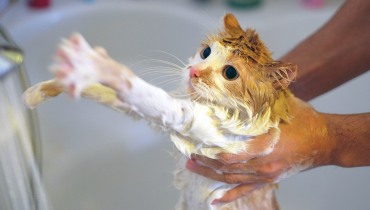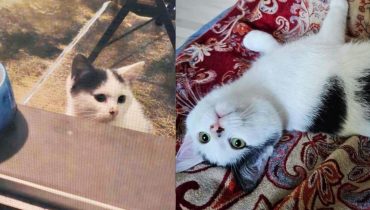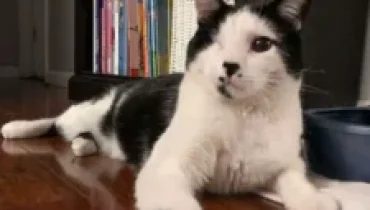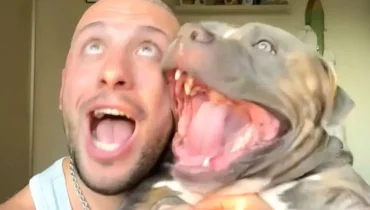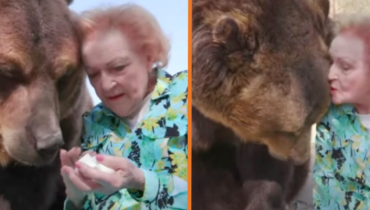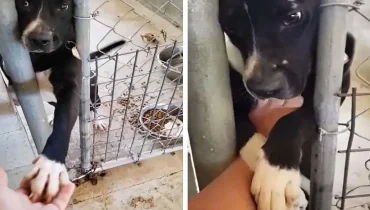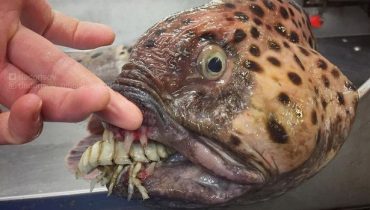Does a cat suffer from psychiatric illness?
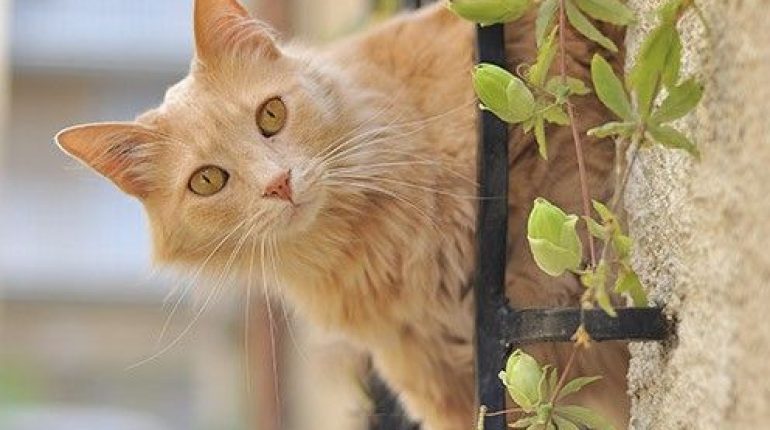
Posted July 25, 2023 by: Admin
Isn’t this cat a little eccentric? Well, if you’ve already said that, it was certainly in jest. But it does beg the pertinent question: can cats have psychological or behavioral problems? Could a cat be suffering from a psychiatric disorder? Are psychological problems unique to humans, perhaps related to language, or can our beloved feline companions also face such challenges?

Mental health is an essential aspect of general well-being, even in animals. The field of veterinary psychiatry has been looking into this subject, and we’d like to give you an overview of psychiatric illnesses and their potential impact on cats.
What psychiatric disorders can our little felines suffer from?
Feline anxiety:
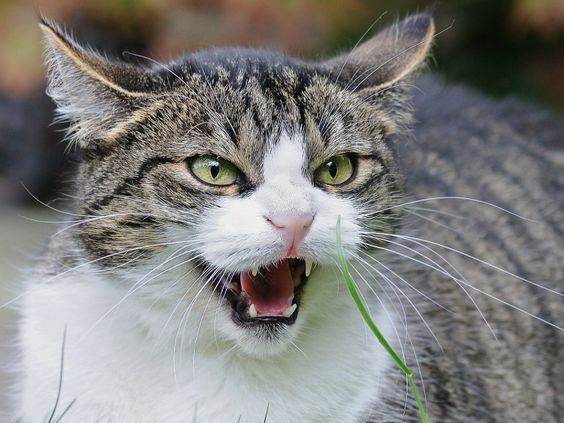
Anxiety is a widespread problem in cats. Its manifestations cover a wide range of signs, from agitation and withdrawal to altered eating or sleeping habits, destructive tendencies and excessive grooming. When cats are anxious, they may also claw in unusual patterns or change their litter box habits, often as a result of increased stress. The causes of this condition can be diverse, encompassing both physical and medical factors. Indeed, a cat faced with physical discomfort may develop anxiety as a result. This complex situation makes it difficult for veterinarians to establish a precise diagnosis, taking into account not only relational and environmental influences, but also physiological aspects.
Depression in cats:

While depression in cats remains under-researched, its reality should not be overlooked. Feline signs of depression include reduced activity, disinterest in play and daily interaction, loss of appetite and excessive sleeping. They may gain weight as a result of passivity or, conversely, lose weight when they sulk. Remarkably, these symptoms mirror those experienced by humans in a similar psychological state.
In an article dated September 22, 2021 entitled “Is cat depression real?”, American veterinary behaviorist Wailani Sung examines the potential triggers of this condition in cats: the loss of a family member (human or animal), a change of residence, changes in household schedules resulting in prolonged absence of their human companions, and physical changes.
Sadly, this condition remains largely under-diagnosed in cats due to its subtle nature, often confused with other conditions. As cats are unable to communicate verbally, it can be difficult to assess their emotional well-being. Nonetheless, it is essential to support cats facing depression, as it can have devastating consequences, culminating in self-abandonment and deterioration.
Obsessive-compulsive disorder (OCD) in cats:
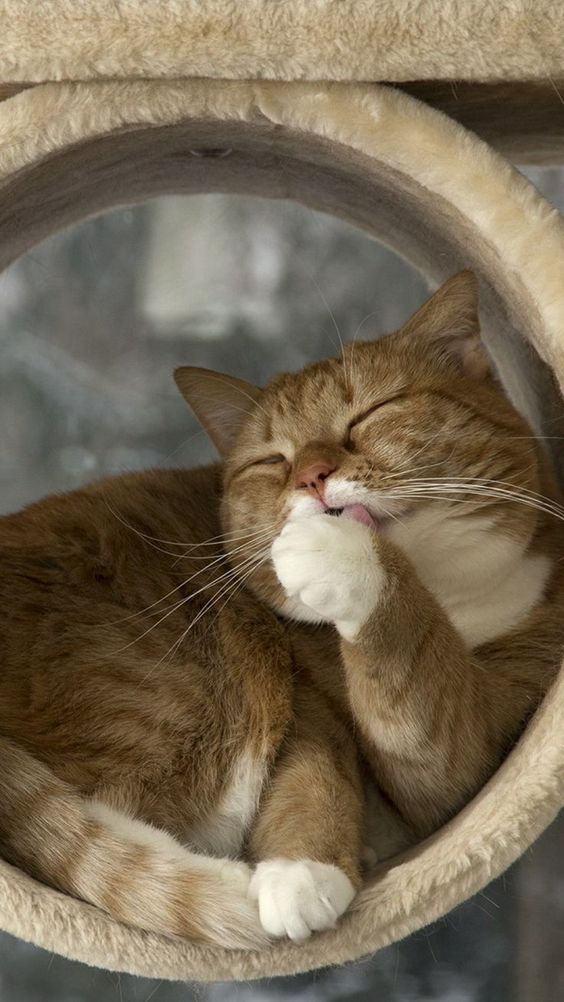
Obsessive-compulsive disorders in cats manifest as repetitive, compulsive behaviors, often referred to as stereotypies. These include excessive licking, also known as compulsive grooming, constant meowing for no apparent reason, intense hunting or playing behaviors, and even random licking of objects (similar to pica syndrome).
Too much licking or biting can lead to skin wounds or alopecia (hair loss), sometimes requiring veterinary care to prevent skin infections and complications.
Causes of mental disorders in cats:
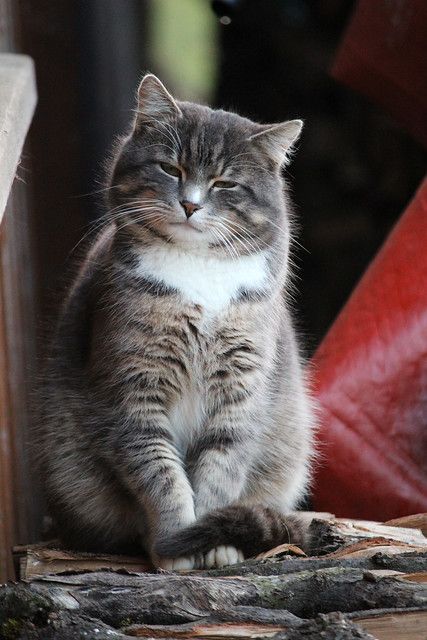
There are a variety of reasons for mental disorders in cats. Environmental factors play a significant role in their psychological well-being. Significant changes in their routine, such as the arrival of a baby or a new pet, can be a source of stress. In addition, a noisy or chaotic environment increases the risk of mental disorders. In fact, cats living in crowded spaces such as apartments or houses are also more likely to show signs of anxiety, OCD or depression.
There are also genetic factors to consider. Certain breeds of cat, such as Siamese, Abyssinians and Sacred Burmese, appear to be predisposed to certain mental disorders. Studies have shown that these breeds are more prone to compulsive grooming.
Last but not least, trauma can play a major role in the onset of mental disorders in cats. Abandonment, abuse or the loss of an owner can lead to serious disorders. Some cats may even suffer from PTSD (Post-Traumatic Stress Disorder) following a violent event. Studies have shown that cats who have suffered abandonment or abuse are more prone to behavioral disorders, such as anxiety and aggression. These traumatic experiences can have long-term effects on their psychological health. It is therefore essential to provide them with a calm, safe and loving environment to preserve their balance and well-being.

